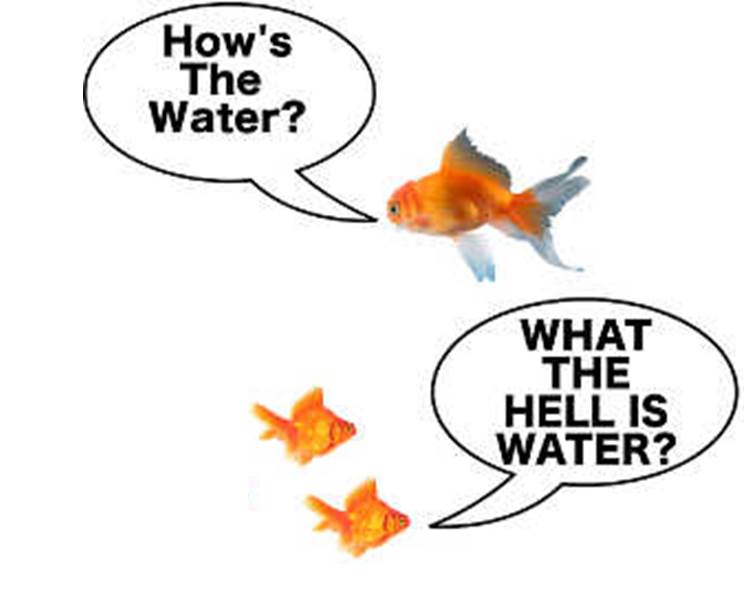recently I’ve become interested in critiques of our civilizational way-of-life and have found that they’ve made it easier for me to frame many different topics of interest into one coherent direction of inquiry.
I’m beginning to seriously suspect that many of the fundamental assumptions and customs that have underpinned every known civilization for the last 5,000 years need to be seriously re-examined and that the conditioning of growing up inside of a civilization makes it nearly impossible for a normal person to spontaneously arrive at this conclusion by themselves.
with that in mind, I’m creating this thread to:
- point out questionable assumptions that our civilization (Civ 1.0) asks us to make
- highlight ideas and techniques that I believe are better placed inside of a new civilization (Civ 2.0)
- speculate on the transition process from to Civ 1.0 to Civ 2.0
I’m aware that this concept is impossibly huge and ambitious, but importantly I’m not suggesting that we storm the gates of city hall and declare a new utopian society! I’m just proposing this as a framework for organizing information and structuring our learning efforts. this thread may just end up being a place for me to dump cool links ¯\_(ツ)_/¯

